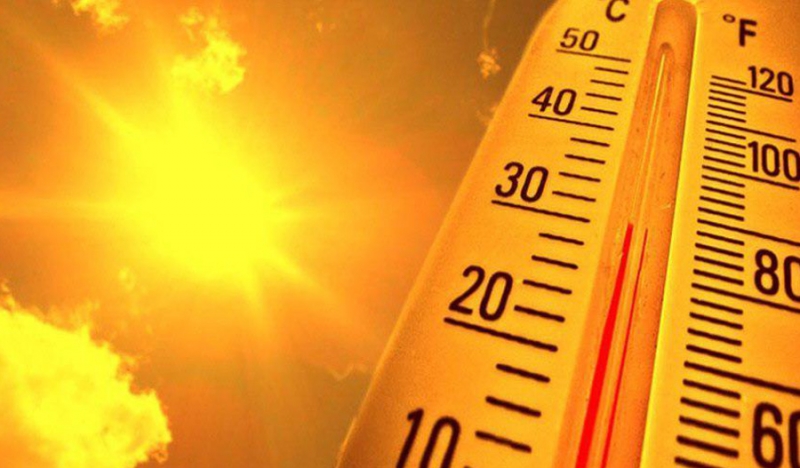This month’s topic for Gym Talk is "Heat Safety Awareness".
Hot weather can be dangerous, and seniors over the age of 65 are among those most at risk for heat exhaustion. Now that the hot weather has arrived it's important to know the signs of heat exhaustion and how to stay cool.
The human body regulates temperature through sweating, until exposed to more heat than the body can handle. As you become older the ability to notice changes in your own body’s temperature decreases. Others at risk for heat illness include infants and young children, people who are ill, those with chronic health conditions or on certain medications, and people who are overweight. Health conditions can make the body less able to adapt to the heat. Also, some medicines can contribute to dehydration.
A few simple precautions are all that’s needed to help keep you safe. Drink plenty of water even if you’re not thirsty. Avoid alcoholic or caffeinated drinks as they contribute to dehydration. Wear appropriate clothing, such as light-colored, lightweight, loose fitting, a hat and sunscreen. Stay indoors during mid-day hours. The best time to be outside is before 10am or after 6pm when the temperature is usually cooler. Take it easy, avoid strenuous activities especially outside when it is very hot. Pace yourself when you exert your body. Watch the heat index. When the humidity is high the body’s ability to cool itself through sweating is impaired. Seek air-conditioned environments or try a cool bath or shower. And lastly, know the warning signs of heat-related illnesses.
Heat Illnesses Signs and Symptoms
Exertional heat stroke: body’s temperature rises above 103 degrees, skin is red, hot and dry to touch, sweating has stopped, rapid breathing, disorientation, confusion, dizziness, headache, nausea
Exertional Heat Exhaustion: elevated heart rate, pale skin and profuse sweating, headache, weakness, dizziness, muscle cramps, nausea, vomiting, diarrhea, confusion
Heat syncope (fainting): heart rate and breathing are slow, skin is pale, sensations of weakness, tunnel vision, vertigo, nausea
Heat cramps: painful, involuntary, brief and intermittent, may accompany heat exhaustion
Acronym for Heat – Keep this in mind!
H – HYDRATE: drink plenty of water to avoid becoming dehydrated
E - EDUCATE YOURSELF: keep up to date with the temperature outside and know the warning signs of heat illness and how to stay cool
A – ACT QUICKLY: if heat illness is suspected seek medical attention
T – TAKE IT EASY: avoid overexertion and take hourly breaks in the shade or in an air-conditioned location



